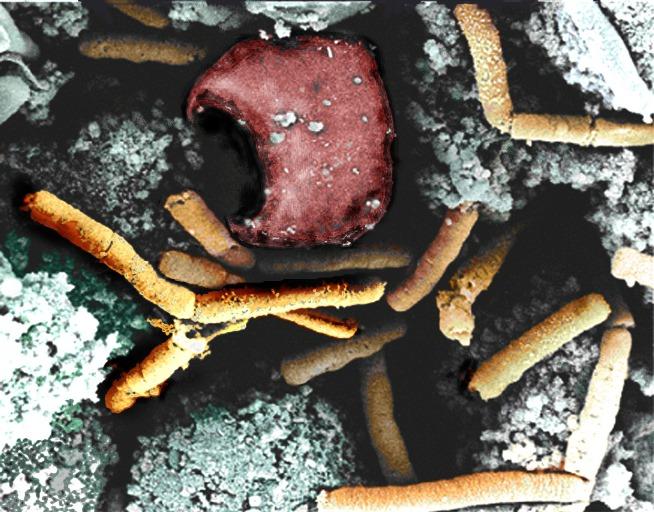Faulty protocols behind live anthrax shipments to labs: Pentagon
All the labs that received live anthrax were allowed to send samples to other places, making it hard for the U.S. authorities to account for all the samples.
The review was ordered by Deputy Defense Secretary Robert Work on May 29 to try to determine why anthrax specimens were not killed before shipment after the military admitted the mistake.
Four laboratories of the Department of Defense (DOD) manage anthrax sampling: the Dugway Proving Ground in Utah, the Army Medical Research Institute of Infectious Diseases, the Naval Medical Research Center and the Edgewood Chemical and Biological Center in Maryland. “Our own defense department is sending these spores around in a way that means that our own government could be releasing these spores”, said Michael Greenberger. According to the report, 17 batches of inactivated samples showed to have had re-growth of live samples.
In the report, the Pentagon stresses that anthrax is “an exceptionally resilient organism”. Bob Work emphasized that current testing methods of the lab didn’t detect the live spores in samples that was declared inactivated.
Changes that will be needed include standardization of irradiation and viability testing procedures, sufficient funding and increased review and oversight on DOD biosafety and biosecurity policy and practices.
In fact, the report suggests that the scientific world as a whole shares some responsibility for the missteps: “A key finding by the committee is that there is insufficient technical information in the broader scientific community to guide the development of thoroughly effective protocols for inactivation of spores and viability testing of BA”.
WASHINGTON (WJZ)-New recommendations for the handling of anthrax spores are out, following news that samples of supposedly dead bacteria shipped by a Department of Defense lab were alive. These deficiencies plus other factors resulted in the creation of protocols that don’t permanently or completely sterilize such samples.
In the wake of this recent discovery, the report calls for enhanced quality control and standard operating procedures.
The review committee consisted of experts from the departments of Agriculture, Defense, Energy, and Homeland Security, plus others from the FBI, academia, and industry.








